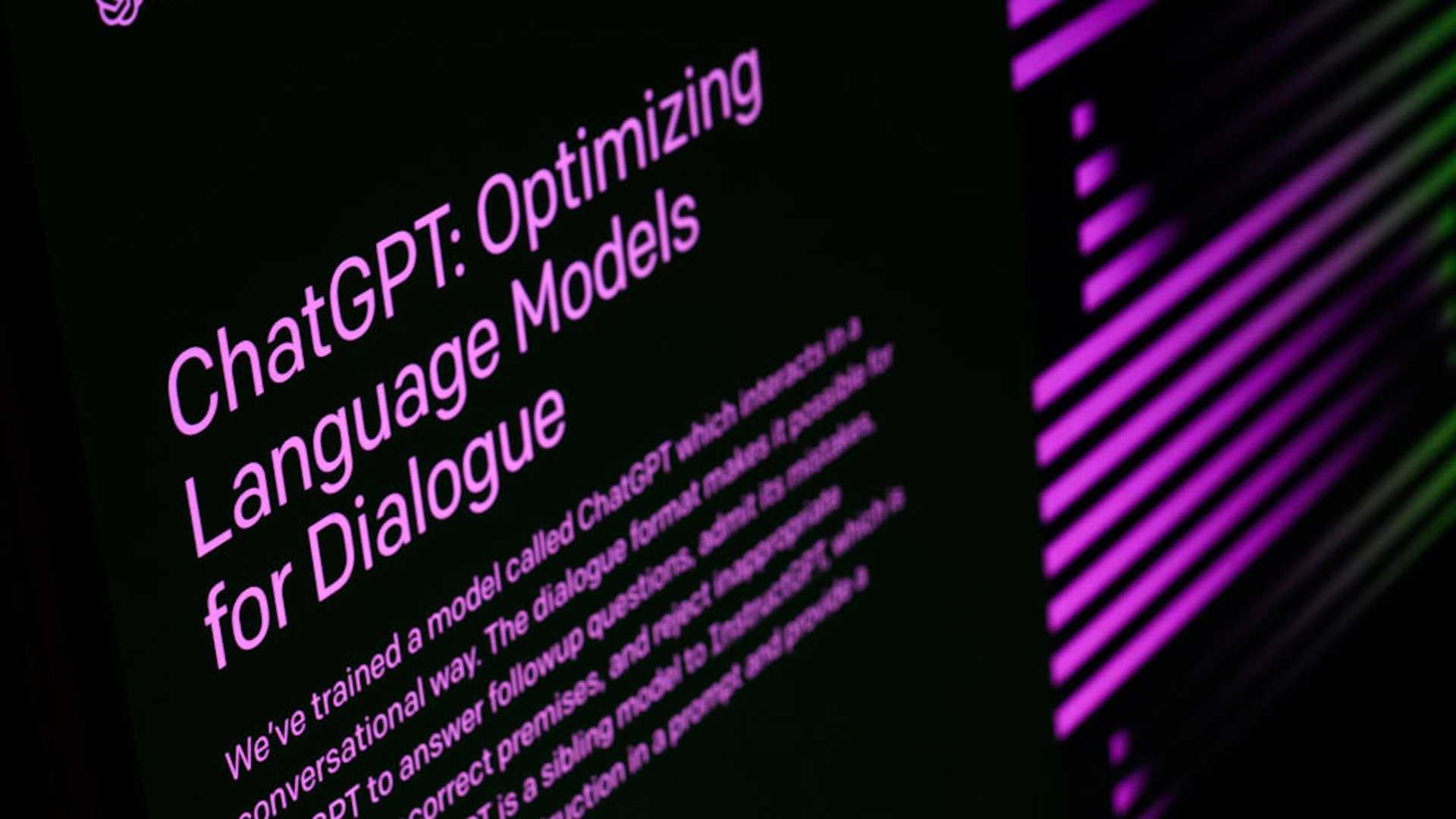As ChatGPT enters classrooms, teachers see a threat – and a tool ...
Artificial intelligence has become an integral part of the modern world. Its use in various fields has revolutionized how we work, communicate and learn. One of the latest applications of artificial intelligence is in the classroom, and it has teachers concerned.
The OpenAI ChatGPT is a chatbot program that uses language learning models to give complex responses to user questions. The program can generate text for different functions, including essay writing, which has educators concerned that students may use it to cheat.
Cheating Concerns
Maureen Psaradelis, an English teacher at Alvirne High School in Hudson, was one of the first to realize that ChatGPT was infiltrating her classroom. One of her students turned in an essay that contained themes not discussed during class. The unusually sophisticated vocabulary and failure to cite sources raised red flags for her. When she questioned the student, they admitted to using the AI program.
Other educators have similar concerns. Kristina Peterson, an English teacher at Exeter High School, stated, "This is kind of like our calculator moment." She believes that the program could lead to cheating and is worried that it could be used to write essays for students.
Accuracy Concerns
Teachers are also worried about the accuracy of information provided by the program. Alvirne history teacher Jeff Peterson discovered that the program had named a World War I book when asked to provide a list of World War II sources. Peterson believes that the technology could suggest false or irrelevant sources, which could misinform students.
Turning a Threat into a Tool
Despite their concerns, some educators believe that the program could be beneficial as a tool for enhancing research and discussion. Brett Vance, a social studies teacher at Alvirne High School, stated that his students discussed it more as an object of curiosity than as a means of cheating.
While some schools have banned ChatGPT from their networks, its use outside of schools is prevalent. As a result, educators have to create new methods of teaching students how to use these tools responsibly.
The use of Turnitin, an anti-plagiarism website, has been effective in curbing plagiarism from online sources. Turnitin has recently incorporated features that can detect submissions written by artificial intelligence. However, teachers need to strike a delicate balance between detecting cheating and nurturing their students' creativity and learning.
As artificial intelligence continues to find its way into classrooms, teachers will need to adapt to new challenges. The use of ChatGPT and other AI-based tools can be both a threat and a tool, and it is up to educators to show students how to use them responsibly.




















